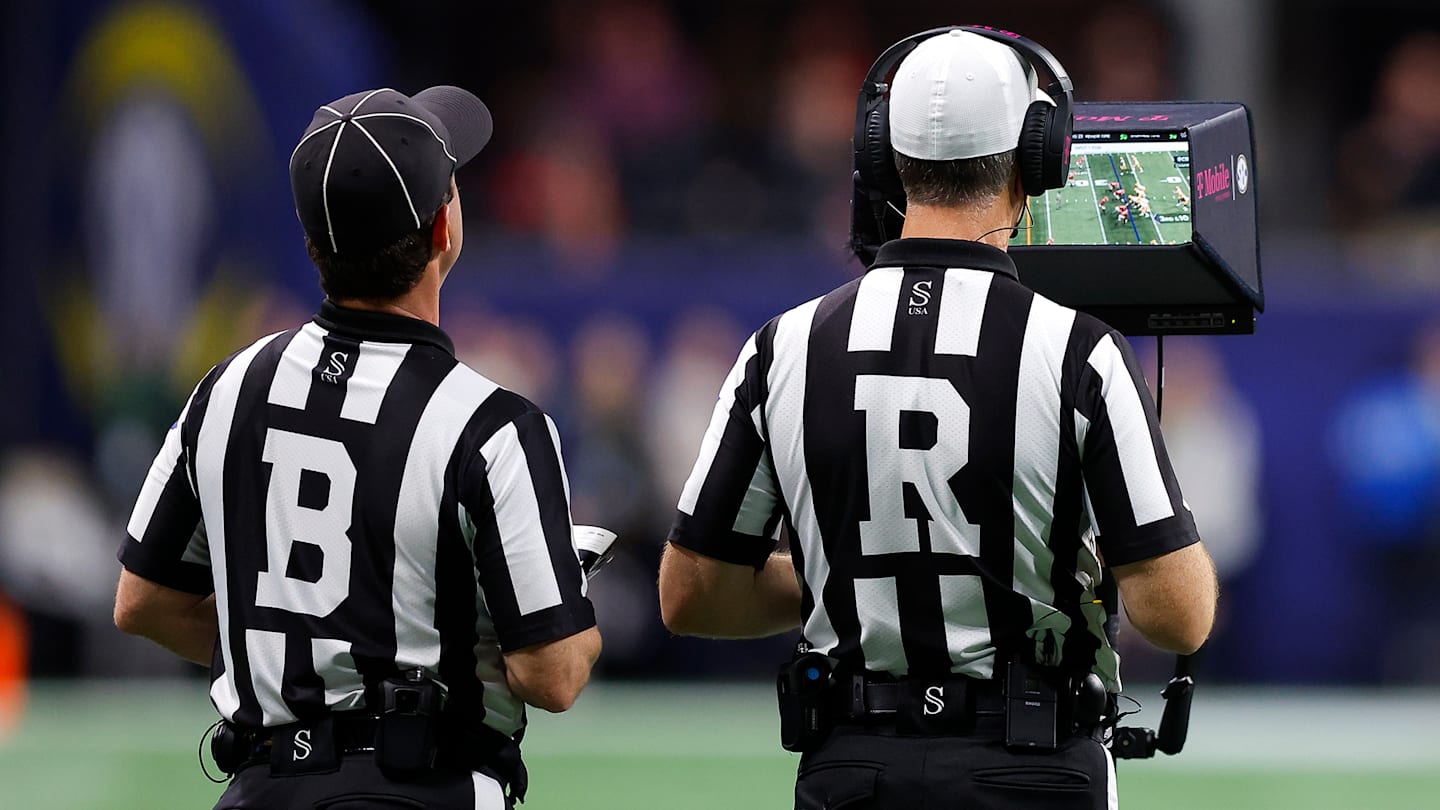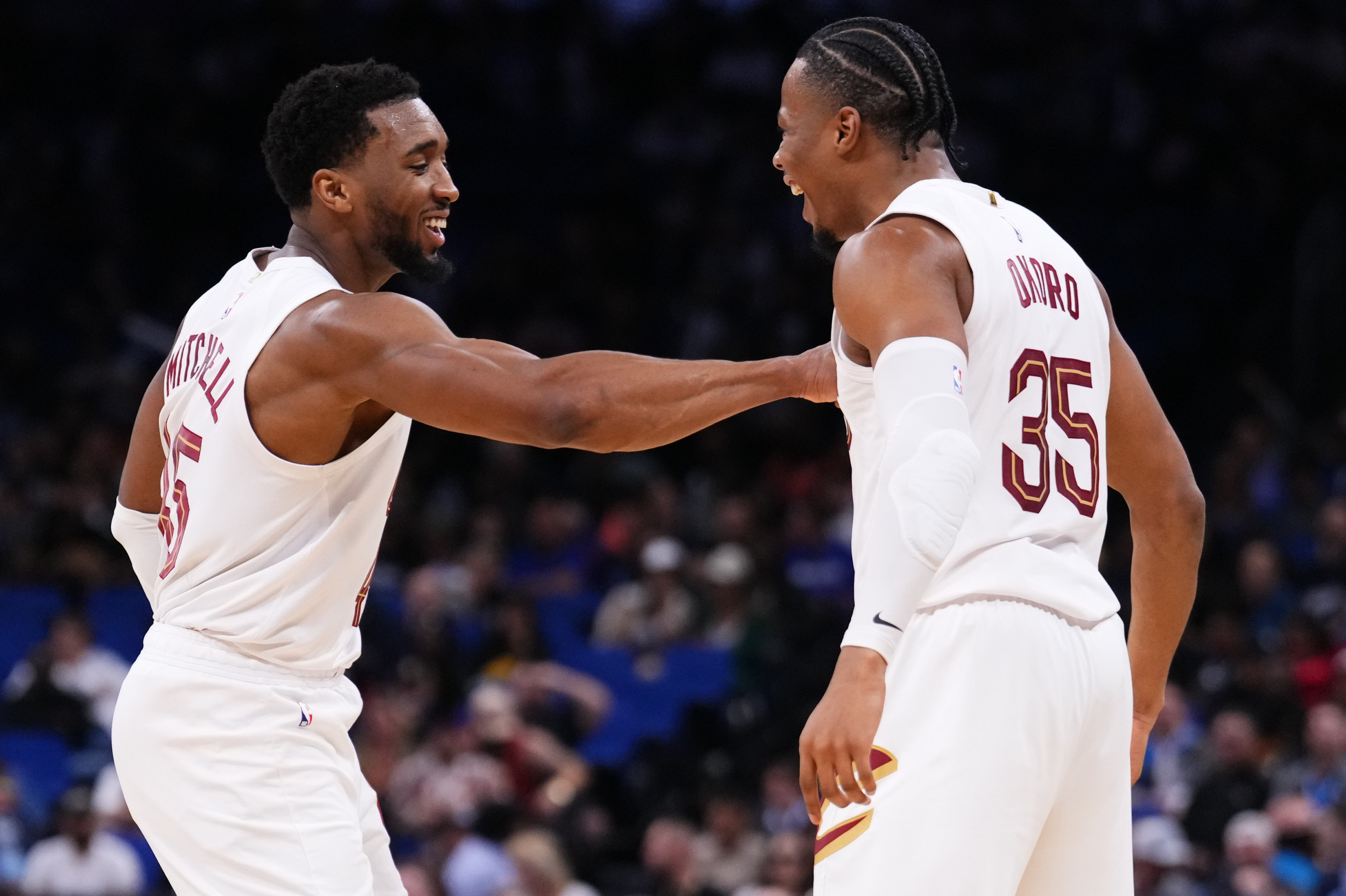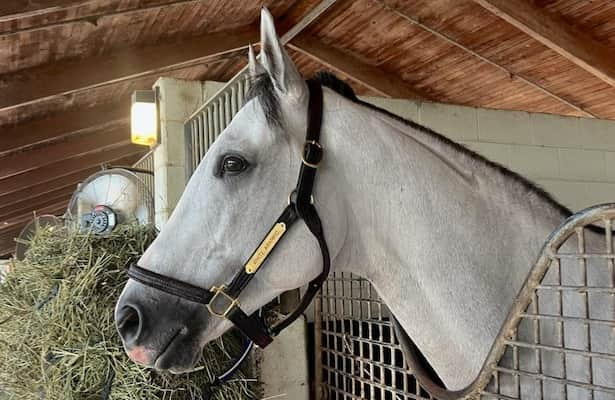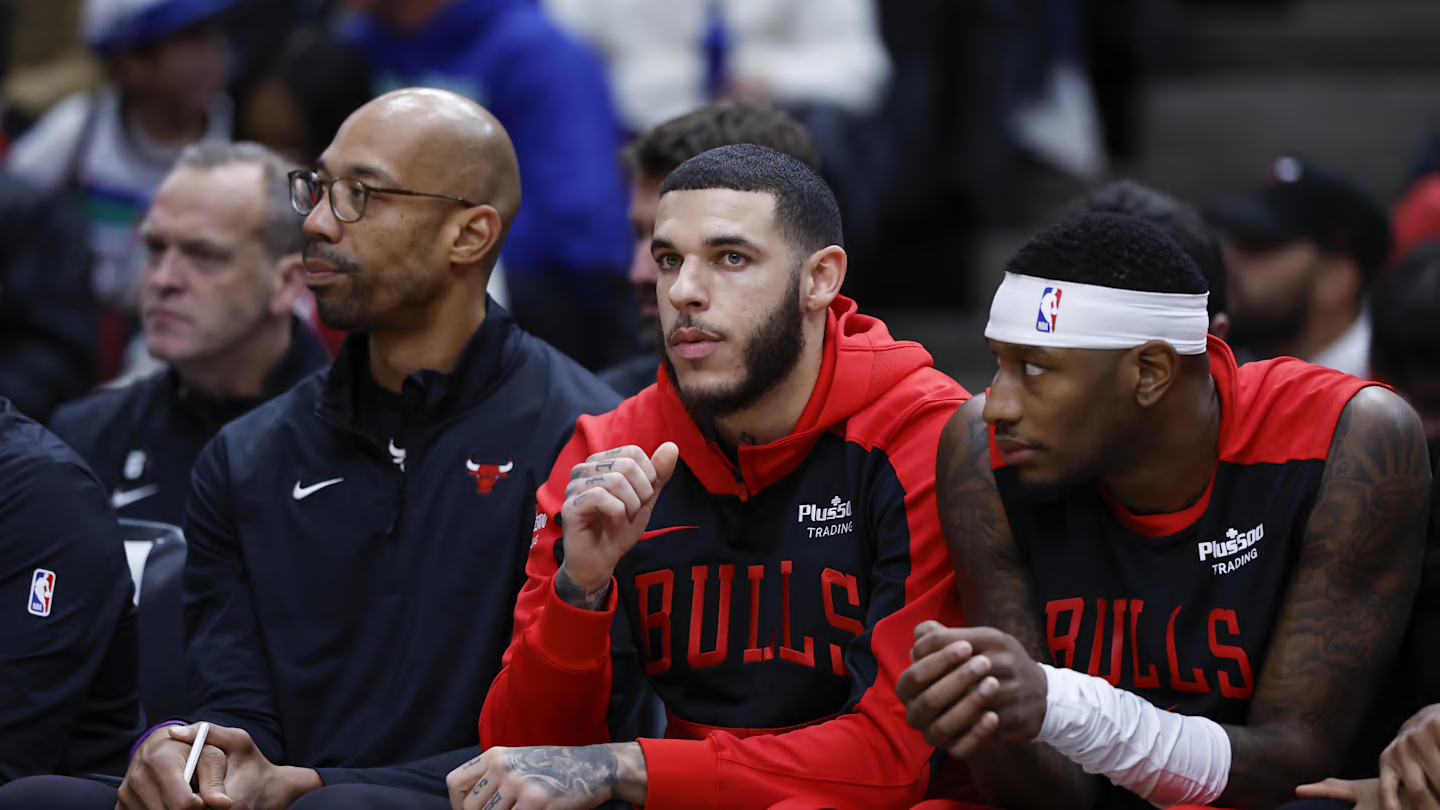Six Figures in Sports Who Are Losing Power in 2024

The sports landscape is shaped by all kinds of power brokers: dealmakers, cultural titans, icons of leadership and athletes. Click here to see the 50 most influential figures and forces in sports right now, on SI’s Power List for 2024.
Name, image and likeness money and player-friendly transfer rules have significantly altered the balance of power in college sports. Athletes can now seemingly find greener pastures (read: $$) at any point in time and make moves at will. That means coaches and athletic departments essentially have to recruit every day of the year—even their own players.
The NFL already has games split between broadcast TV and streaming platforms. The NBA is soon to follow. And finding your favorite college or professional soccer team requires clicking through a bevy of apps. The days of channel surfing to catch every game on your watch list are long over—and so are the days of paying just a single bill to get it all.
CEO David Zaslav once said his networks didn’t need the NBA, and less than two years later he no longer has it. With a new media deal, Adam Silver is ending a 35-year relationship with WBD after the 2024–25 season, leaving Zaslav and, most likely, the fan-favorite TNT studio show Inside the NBA behind.
For most of baseball history, checking to see who was starting on the mound each day was a huge part of the sport’s draw. Nowadays, fans are lucky to see a starter even work up a sweat. As MLB’s analytics-driven makeover continues, clubs increasingly employ a long and ever-changing list of hard-throwing relievers to get the 27 outs they need each night.
The social media age ended the era of athletes needing the press. Now some have taken it a step further by forming their own media companies, such as TOGETHXR (Alex Morgan, Chloe Kim, Simone Manuel and Sue Bird) and LeBron James’s SpringHill Company. From daily snippets on TikTok to controlling the narrative in documentaries, athletes want intermediaries less and less.
The wide adoption of video review was supposed to save sports from the indignities of human error. But between little clarity on what constitutes a “catch” in the NFL and the endless extension of basketball games as refs decide whose fingertips knocked the ball out of play, being a Luddite never sounded so good.
Related
Blue Map Glory: Revisiting last Wiregrass teams to win Alabama…
DOTHAN, Ala. (WTVY) - If there is anything that can define a community, support for high school sports is high on that list.Every year, we see young men and wom
Will Campbell discusses meeting with Bears at NFL Combine
The Chicago Bears are expected to be major players in the offensive line department, through free agency and the 2025 NFL draft. When determining their directio
Stephen Curry dunks for 1st time in 6 years, but…
Stephen Curry's dunk on Saturday night wasn't as rare a sighting as Halley's Comet. The celestial occurrence flies by Earth once every 76 years. But Curry hadn'
Will Vikings, Sam Darnold do a new deal?
During Super Bowl week, Vikings coach Kevin O’Connell said quarterback Sam Darnold has earned the right to become a free









